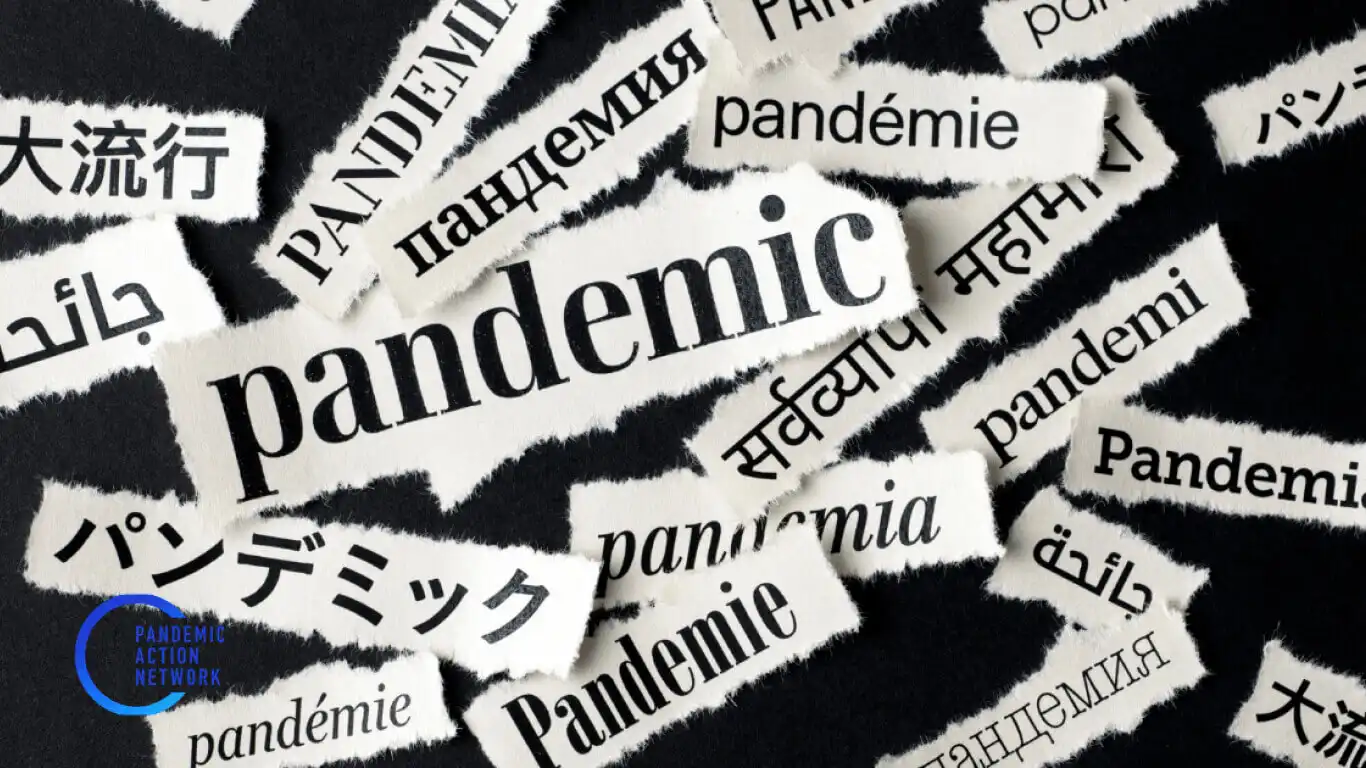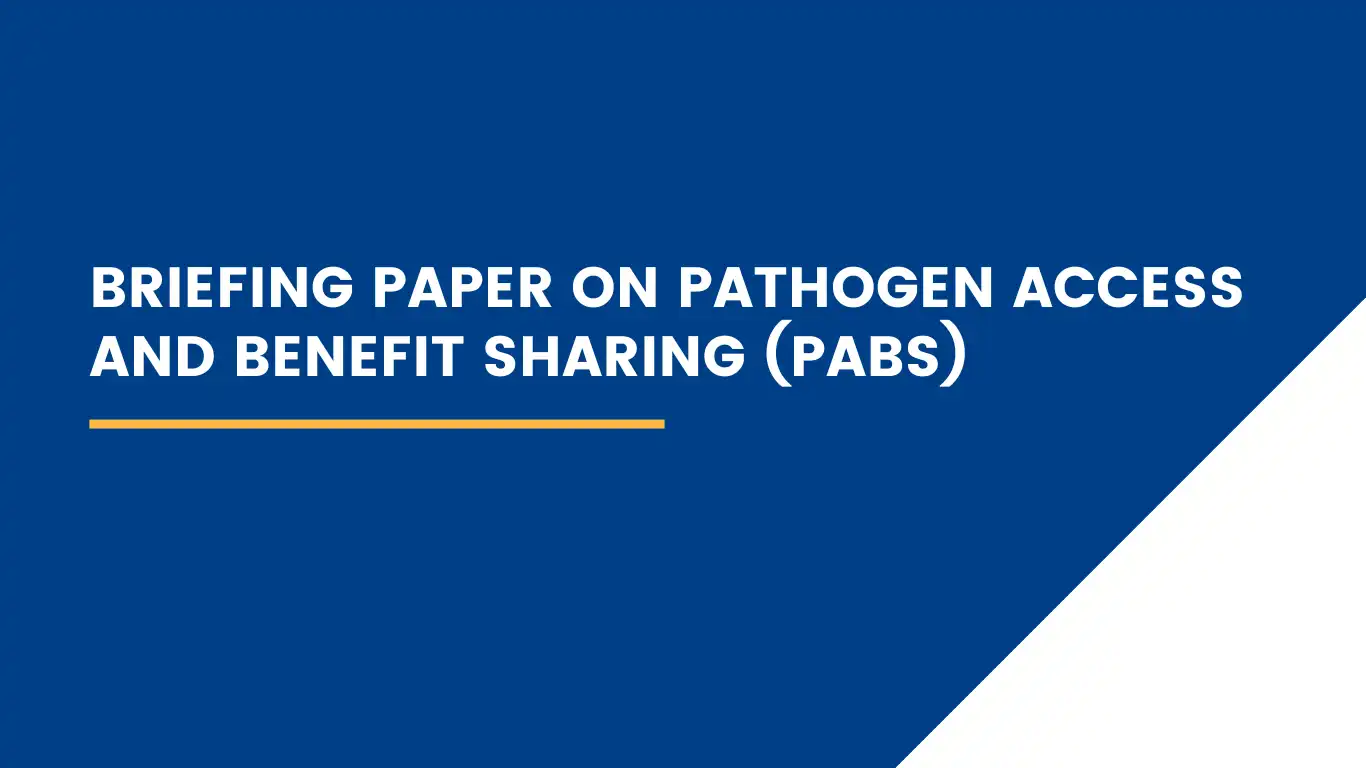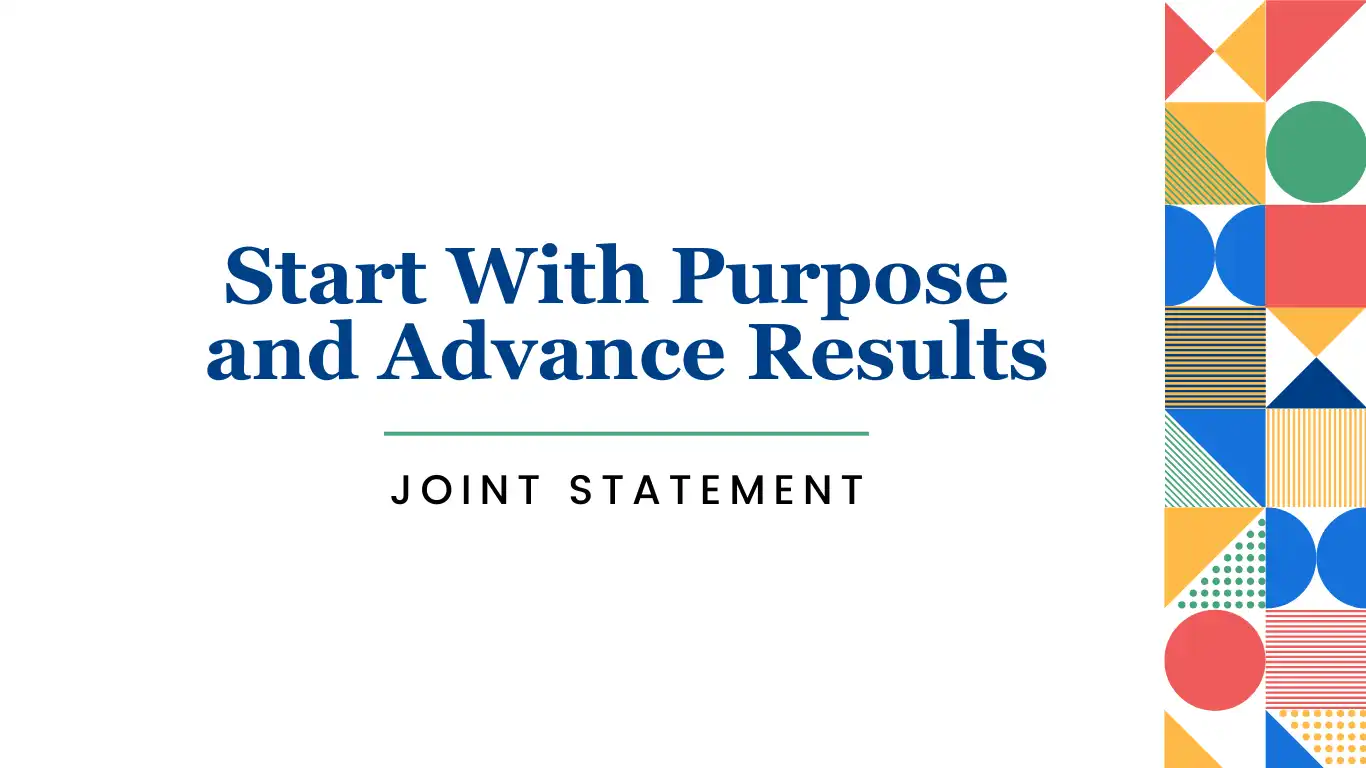By Autumn Lerner
Like so many, our team took a brief break at the end of 2020. The break gave us rest first and foremost, but also time to reflect on the challenges and opportunities ahead. As we enter 2021, the world is navigating a dark winter with the rampant spread of COVID-19, but also promise and opportunity presented by multiple viable vaccines. Despite vaccine rollout in 42 countries, low-income and middle-income countries have largely been left out. The second year of the pandemic is a critical time to secure political will and financing for both near-term global response measures and longer-term pandemic preparedness. As we start 2021, here’s a short list of pieces we are reading to inform our thinking and actions in the year ahead.
The Plague Year
Lawrence Wright, Staff Writer for The New Yorker, dissects what went wrong in America’s response to the coronavirus. The U.S. has only 4% of the world’s population—and yet it accounts for 20% of all COVID-19 deaths. Wright’s 30,000-word account, based on extensive interviews, offers an expansive portrait of how the pandemic has changed our lives. For a summary version, Wright was interviewed by Terry Gross on Fresh Air last week.
Which Countries Have Responded Best to COVID-19?
In this opinion piece in the Wall Street Journal, Dr. Tom Frieden discusses ways countries around the world responded best to COVID-19 in 2020. As we begin the new year continuing to fight the virus, he argues that we should learn from the most successful strategies to improve our testing, tracing, strategic closure, and other public health responses, even as vaccines are distributed around the world.
Where Year Two of the Pandemic Will Take Us
Ed Yong penned this piece in the Atlantic outlining what Americans can expect in the coming years as the world continues to battle COVID-19, which has taken more than 326,000 American lives to date. Cases continue to rise in the first weeks of 2021, and although vaccines are rolling out, the U.S. and the world have a ways to go to implement successful and equitable vaccine programs.
History will judge us if we vaccinate rich countries while poor ones suffer
Director of the Africa Centres for Disease Control and Prevention Dr. John Nkengasong launched the new year with an urgent call-to-action for the world via an interview with Canada’s CBC Radio. “The silence of our friends will be remembered when the history of this pandemic will be written,” Dr. Nkengasong said, speaking to the inequity in the global vaccine rollout.
The Anti-Vaxx Playbook
While vaccine hesitancy and the anti-vaxx movement has been a growing challenge, the current pandemic has supercharged the situation, representing a tipping point for trust in vaccines overall. In a new report, the Center for Countering Digital Hate infiltrates a meeting of the world’s leading anti-vaccine advocates to expose their community’s tactics, messages, and use of social media to disrupt uptake of the COVID-19 vaccine.
What if Scientists Already Know How to Prevent the Next Pandemic?
In the Nation, Jimmy Tobias examines One Health, a pan-species approach to health that could ward off the next big outbreak. The piece details why we need to unite across environment, public health, agriculture, forestry, land use, climate movements, and more to prevent pandemics at the source.
Pandemic-Proof Your Habits
Kate Murphy’s recent article in the New York Times about habits and routines highlights how disruptive the pandemic has been to the structure that our brains typically rely on. This piece describes how and why our bodies and minds crave routine, and how we are not biologically engineered to deal with changes or disruptions to routine—which we got in spades in 2020!
Wishing all a productive reset and thoughtful setting of new routines that will give us the individual and collective energy to seize the opportunities and challenges of the year ahead. Together we can accelerate the journey to the end of COVID-19 and ensure that it leaves a long-term legacy of global pandemic preparedness.



